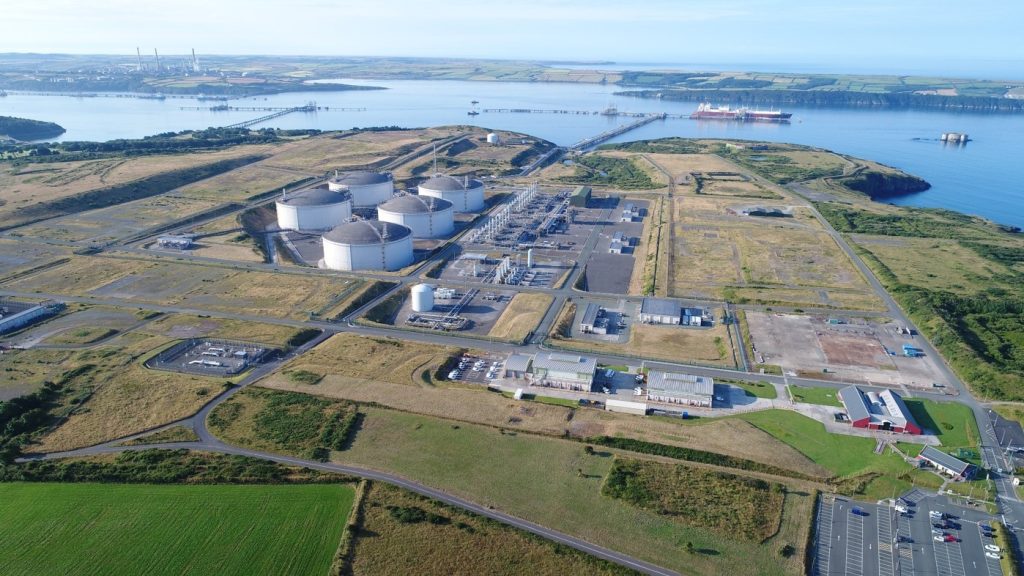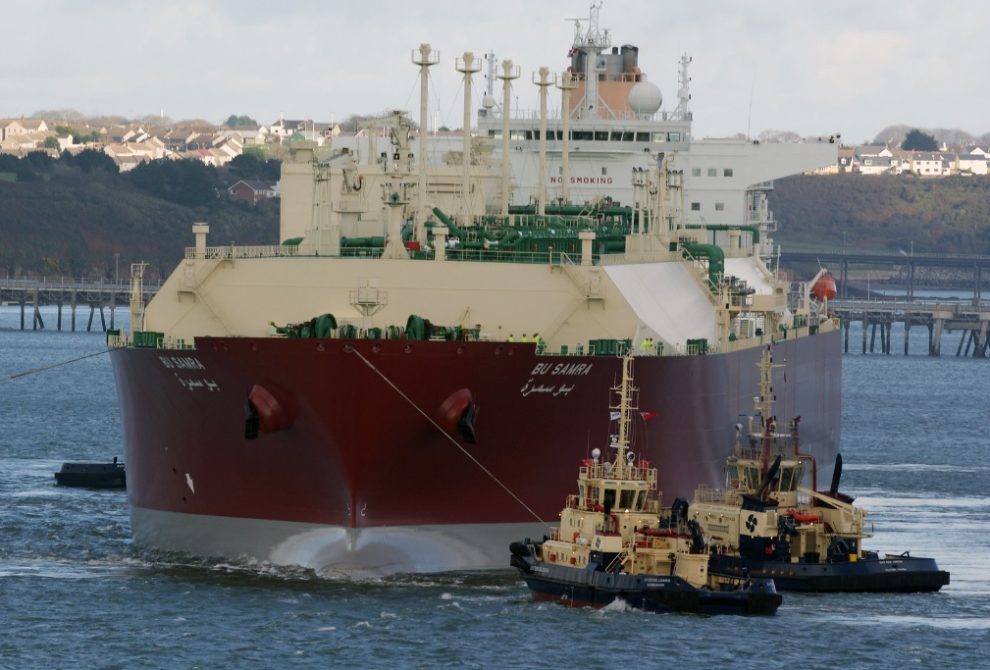Oil and gas prices spike amid fears of prolonged disruption
IRAN’S symbolic parliamentary vote to close the strategically vital Strait of Hormuz has set alarm bells ringing across the UK and Wales, raising fears of a significant economic shock and an energy crisis.
The Strait of Hormuz, linking the Persian Gulf with global energy markets, carries around 20% of the world’s oil and liquefied natural gas (LNG). Any closure would significantly disrupt UK energy supplies, sending household energy bills soaring and exacerbating the cost-of-living crisis.

Global markets have already reacted sharply. Brent crude prices surged by around $3–$5 per barrel immediately following Iran’s announcement, with market analysts warning of even higher spikes—potentially up to $130 per barrel—in a prolonged disruption scenario.
Shell CEO Wael Sawan warned: “The Strait of Hormuz is, at the end of the day, the artery through which the world’s energy flows, and if that artery is blocked… it’ll have a huge impact on global trade.” Shell confirmed that contingency measures are being implemented in anticipation of potential disruptions.

The Bank of England, acknowledging the escalating crisis, held interest rates steady at 4.25%. Governor Andrew Bailey stated: “The world is highly unpredictable…and energy prices have risen owing to an escalation of the conflict in the Middle East.”
For Wales, heavily reliant on LNG imports via Milford Haven from Qatar—almost entirely dependent on transit through Hormuz—the threat is particularly acute. Disruptions could delay shipments by weeks, forcing operators to seek costlier alternatives from the US or West Africa, inevitably raising local gas prices.
Manufacturing businesses across Wales and the wider UK face increased operational risks. Higher energy costs could reduce competitiveness, slow economic growth, and threaten jobs at a critical juncture.
The UK government is urgently reviewing contingency measures, including bolstering gas reserves, securing alternative LNG imports, and accelerating support packages for households already struggling with rising energy costs.
A spokesperson for the Department for Energy Security said: “We are closely monitoring developments and working with international partners to secure energy supplies. The UK remains committed to diversifying our energy sources to reduce reliance on volatile international markets.”
This crisis underscores the vulnerability of UK energy security to geopolitical events. Experts stress the urgent need for a robust national strategy to increase domestic energy resilience, invest in renewable energy, and ensure long-term stability.
Dr Emily Richards, senior economist at Cardiff University, concluded: “This situation is a stark reminder of how external shocks can rapidly become domestic crises. Wales and the wider UK must develop stronger energy infrastructure and diversify supply sources to better withstand future disruptions.”













